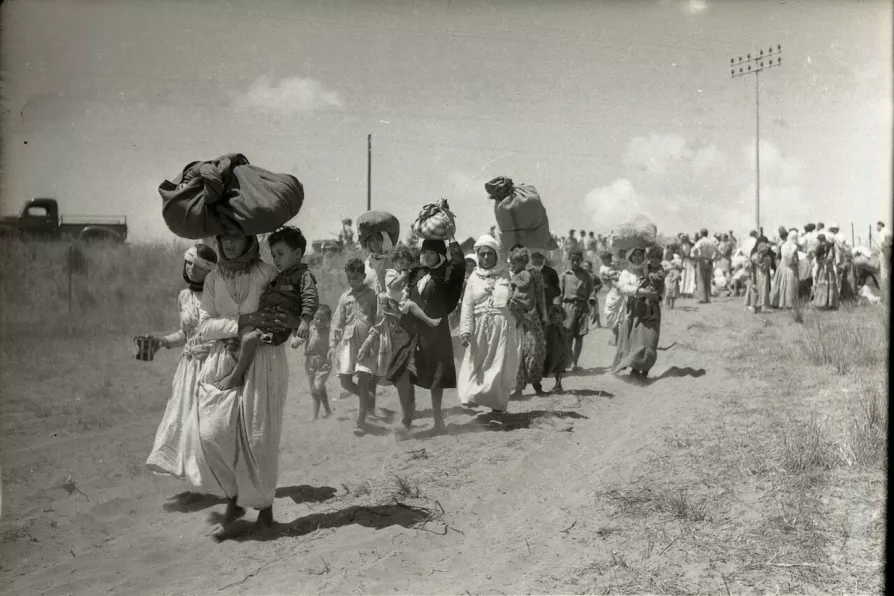Does widespread and uncontrolled use of AI change our relationship with scientific meaning? Or with each other? ask ROX MIDDLETON, LIAM SHAW and MIRIAM GAUNTLETT

 EXPULSION: The expulsion of Palestinian women and children from Tantura, a village near Haifa, 1948
EXPULSION: The expulsion of Palestinian women and children from Tantura, a village near Haifa, 1948
FOLLOWING last weekend’s 100,000-plus Palestine demonstration, the writer Michael Rosen opened up an interesting discussion which challenges the way the Palestine-Israel conflict is seen on the left and beyond.
Challenging the narrative which assumes that Israel’s main sponsors — the United States, the EU and Britain — hold in varying degrees different objectives from the zionist state, he writes: “But objectively, the US (and its allies) have gone beyond being complicit, collaborating, and supplying. The vast tonnage of bombs, the massive use of US aircraft, drones, munitions and high-tech back-up, can, to my mind, only be interpreted as the US (and allies including us) doing this for its own reasons. What is going on is the enactment of US policy.”
The political transformations at the centre of today’s controversies about Israel’s “right to exist” are illustrated by the sharp difference between the politics of the post-war period — when Israel was established by UN decision — and its present-day role as the geographically enhanced extension of US imperial power in the region.

On International Day of Solidarity with the Palestinian People, HUGH LANNING warns that the US-led “Comprehensive Plan” entrenches decades of Western complicity in Israel’s domination and denial of Palestinian land and rights

While David Lammy makes hollow criticisms, RAF Akrotiri conducts five-hour surveillance flights sending targeting data to Israel, reports ALFIE HOWIS











